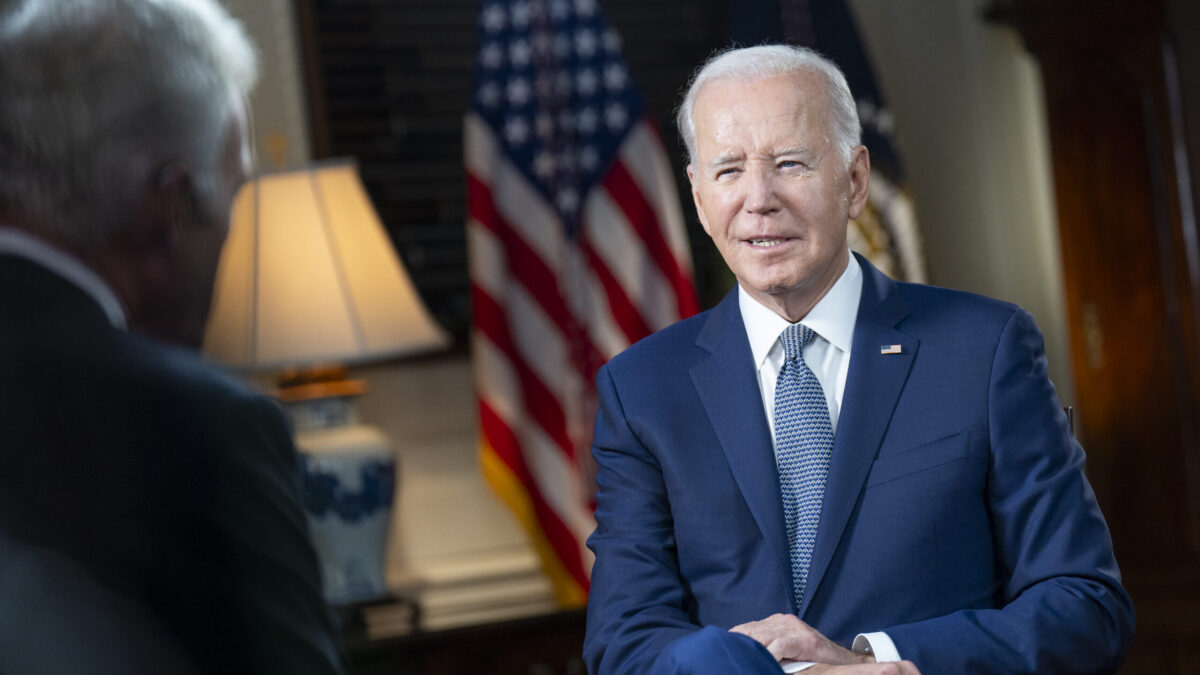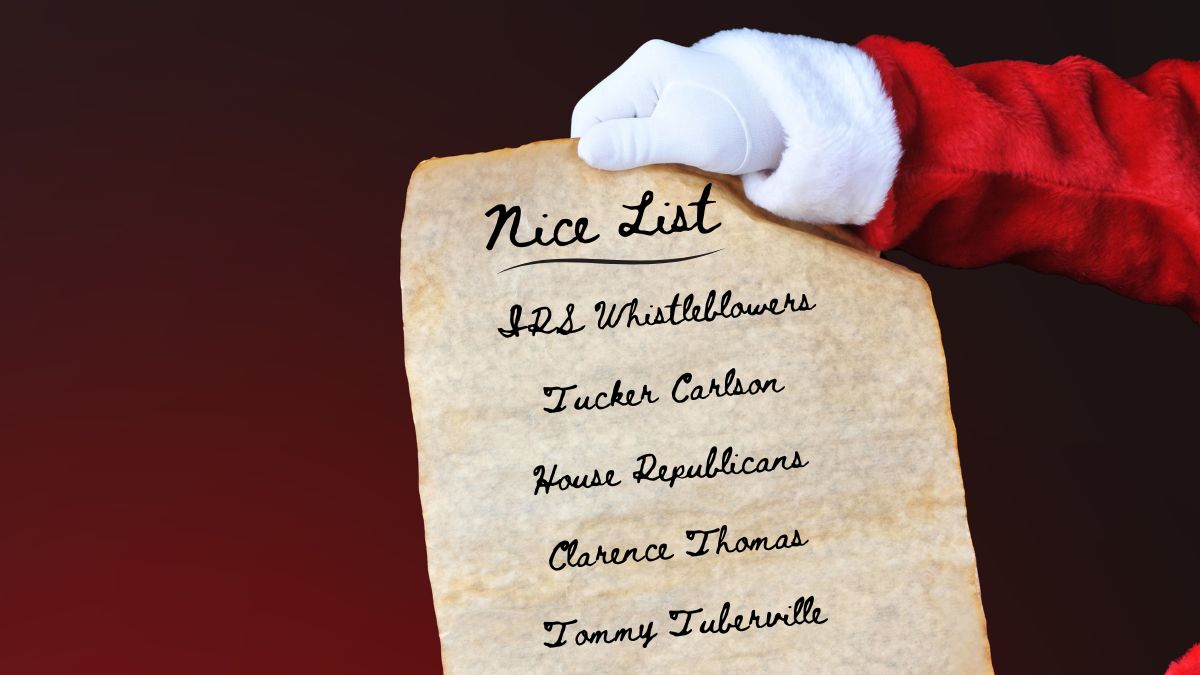
Warning: This humor article contains sexually vulgar terms.
As The Greatest Living American Writer, my life has naturally offered an extraordinary number of bisexual opportunities. I once got an invitation to a rare four-way involving Truman Capote and Norman Mailer while attending Cannes, but I turned it down because I was working on a screenplay draft of “Dr. Zhivago.”
Indeed, after my one true love, Wally Trumbull, died tragically on the beaches of Guadalcanal, so young, so tender, so long, long ago, I lost my interest in the games of the flesh. Certainly, I enjoyed evenings with, among others, Simone De Beauvoir, Anais Nin, Claire Boothe Luce, and half the men in Central Park in 1968, but those were brief moments in a long life mostly untouched by erotic encounter.
Briefer still were my marriages to Susan Sontag and Janeane Garofalo, the latter annulled before we could even share a stolen kiss. Since 1997 I’ve mostly stayed hidden in my turreted room atop Mount Winchester, untouched by any hands save my own or those of my beleaguered manservant Roger, who oft applies liniment to my aching joints. It’s better that way. I’ve tired of these worldly games.
Different Times, Different Men
When I was being raised by my uncle, Sen. Gore Pollack Hemingway III, simultaneously on Cape Cod and Corfu depending on the season, a “sexual comeuppance” was a rare position, to be practiced only by the elite. Yet now we live in a time of great vengeance, where comeuppance is becoming the norm and old pervies are finally being forced to pay for their crimes. Even our greatest intellects must face the chorus.
By “greatest intellects,” I refer to only one person: Leon Wieseltier.
I worked with Leon, or, as we liked to call him, “Tit Weasel,” at the offices of The Paris Review, The Partisan Review, and The Parisian Partisan, back in the days when ideas were ideas, mostly held by men. We’d often stay up late into the night with several guys named Norman, smoking joints, drinking wine, listening to jazz that only we could understand. Leon held court, quoting Wittgenstein, interpreting opera lyrics, and talking about how he liked to “jizz all over this broad I met at Knopf the other day.” Different times called for different kinds of men.
Later, after he became the literary editor of The New Republic, I occasionally worked for Leon, who paid me a secret man’s word rate that would have probably gotten me killed if anyone had learned how much it really was. Then again, my prose is always worth more than I get paid. I’d enter his DC office. He’d be sitting at his broad oak desk, feet propped up, reading a biography of Jefferson’s biographer, a box fan on high so his lustrous mane could blow about like a GIF in the wind.
“Indeed,” he said, “the enemies of Israel are afoot again. Perhaps I should bring them down a notch with a pointed essay by Amos Oz.”
“Good idea,” I said.
“Then afterward maybe we can hook up with these two dames from U.S.A. Today I met at a party and do a little ass-grabbing,” he said.
“Pass,” I said.
“You’re no fun,” he said. “Here, check out these Picasso nude sketches I just bought. They really give me a boner.”
But I didn’t get into the lit business to party. I’m devoted to spreading ideas, telling stories, and, most of all, to making mega-bank. Tit Weasel had different ideas. For him, the life of the mind was always at war with the life of the crotch. There was always another hotel room, another bottle of champagne, another young woman to be “mentored” when all she really wanted to do was become a political pundit who spread poorly sourced lies about the military-industrial complex.
A New Career In the Booming Anti-Trump Business
When I last saw Tit Weasel, a few months, ago, he’d recovered from resigning from The New Republic in 2014 in protest of the fact that the magazine was attempting to modernize. They just didn’t want to publish 6,000-word analyses of Ravel’s Bolero anymore and refused to reprint Stanley Kaufmann on Stanley Kramer, the greatest movie essay ever written. It was too much for Leon.
Fortunately, he recovered and was a contributing editor to The Atlantic, where he became a lone, brave voice in the anti-Trump wilderness. He’d also been named the Isiah Thomas Distinguished Lecturer On Art And Basketball at Tufts University, or, as he called it in private conversation, “The Cooze Farm.”
“I’m starting a new magazine,” he said. “It will be like magazines used to be, before they stopped being magazines, you know?”
“Thank Goddess,” I said. “The world needs another publication of ideas.”
“I’d like you to contribute.”
“Of course,” I said. “Who else have you got?”
“Cass Sunstein,” he said.
“Big time,” I said.
“Also, I’ve signed up Mark Halperin and Matt Taibbi. And I got Woody Allen to write about the films of Harvey Weinstein, Kevin Spacey, and Roman Polanski.”
“What about female contributors?” I asked.
He winked.
“Sure,” he said. “If the price is right.”
But the price was wrong for Leon, who’s smelled his last finger. He’s been called on the sticky carpet at last. Like all of us, Tit Weasel will die alone and untongued.
One by one, our icons fall. The world of ideas has been left as barren as a sexist metaphor about pregnancy. Or, as Leon said to a female colleague not too many years ago, “Literature is a bourgeois parlor game, a thin cover for the priapic obsessions of a bunch of third-rate mama’s boys. You should write an essay about that. Just as soon as I’m done fondling you under this coffee table.”
Those were the days.









